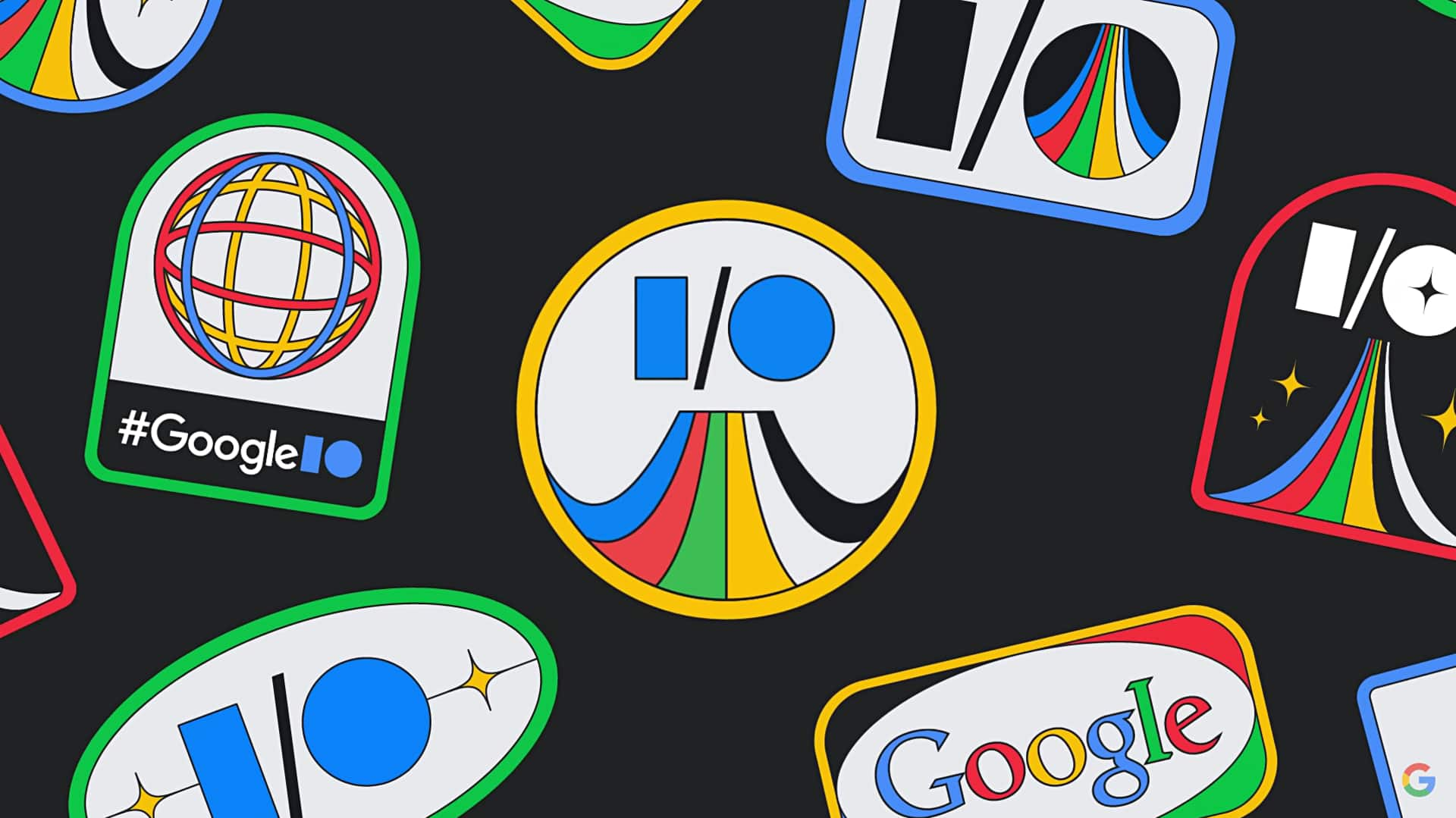
Google I/O: Pixel devices, Bard, PaLM 2, and more introduced
What's the story
Google I/O 2023 kicked off with a keynote address from CEO Sundar Pichai and concluded with an upbeat ending. It was one of the most significant Google events to date, emphasizing multiple areas of development. The conference featured announcements related to Artificial Intelligence, and consumer electronics, like the Pixel 7a, Pixel Fold, and the Pixel Tablet. Here we discuss the event's highlights.
Product #1
Google Pixel Fold: Starts at $1,799 (Pre-orders now open)
Google's inaugural foldable smartphone, Pixel Fold, is now official. The inward-folding handset has a polished metal frame, Corning's protective glass, and a side-facing fingerprint reader. It has a top-centered punch-hole on the outside and a top bezel-mounted inner camera. The device features a 7.6-inch QHD+ (1840x2208 pixels) OLED main and a 5.8-inch Full-HD+ (1080x2092 pixels) OLED cover screen. Both with a 120Hz refresh rate.
More
The foldable phone has a 48MP primary camera with OIS
The Pixel Fold has a 48MP (OIS) quad-pixel main, 10.8MP ultra-wide, and 10.8MP (5x optical, 20x Super-Res zoom) telephoto camera. On the front, it has a 9.5MP camera. However, an 8MP camera is located on the inside. The handset houses a Tensor G2 SoC, with a Titan M2 security co-processor. It boots Android 13 OS. It comes in 12GB/256GB ($1,799) and 12GB/512GB ($1,919) configurations.
Product #2
Google Pixel 7a: Pre-order at $499 (Rs. 43,999 in India)
The Pixel 7a has a top-centered punch-hole, an IP67-rated body, an aluminum frame, and an under-display fingerprint scanner. The handset flaunts a 6.1-inch Full-HD+ (1080x2400 pixels) OLED screen with a 90Hz refresh rate and Corning's Gorilla Glass protection. It is fitted with a 64MP (OIS) main shooter and 13MP ultra-wide lens. Up front, it gets a 13MP selfie camera.
Information
The phone includes wired/wireless charging
The Pixel 7a is powered by Tensor G2 SoC, with 8GB of RAM, and 128GB of storage. The device boots Android 13 OS, and offers an all-day battery backup. It supports both wired and wireless charging. Flipkart has already revealed the device's Indian price.
Product #3
Google Pixel Tablet: Begins at $499 (Pre-orders now open)
The Pixel Tablet has a conventional design, an aluminum body with nano-ceramic coating, a power-button-embedded fingerprint sensor, and a top-bezel-located selfie camera. It comes in Hazel and Porcelain colors. It offers an 11-inch QHD+ (1600x2560 pixels) touchscreen, a 16:10 aspect ratio, 276ppi pixel density, and 500-nits brightness. It gets an 8MP camera on the front and rear. It has a built-in Chromecast.
Internals
It can be charged wirelessly using the bundled speaker dock
The Pixel Tablet is backed by a Tensor G2 processor, paired with Titan M2 security co-processor, 8GB RAM, and 128GB/256GB storage options. It boots Android 13 and packs a 27Wh battery with around 12 hours of video streaming. It can be charged via Type-C cable or bundled speaker dock. The tablet houses quad speakers and three microphones. It supports Wi-Fi 6 and Bluetooth 5.2.
Product #4
Google has shared more details on Android 14
The Android 14 OS was already out in the beta stage. However, Google has now revealed more details about the latest iteration of the OS. While the tech giant has only previewed the OS, it will likely release in August-September. Android 14 offers optimized resource management, app cloning, a more powerful photo picker, enhanced support for tablets/foldable devices, and additional accessibility/security features.
Product #5
Google has also introduced its most advanced Large Language Model
Google has introduced PaLM 2, an updated version of its Pathways Language Model. It is the impetus behind the Bard AI. PaLM 2 includes models like Gecko, Otter, Bison, and Unicorn. The updated model understands 100 languages and emphasizes coding, math, and creative writing. Previously, the tech giant introduced med-PaLM 2, a specialized version for medical diagnosis. PaLM 2 is now available in Preview.
Product #6
Google launches Bard in 180+ countries
Google has introduced the Bard AI, which runs on PaLM 2 LLM. Trained on 20+ programming languages, Bard AI has been integrated into Maps, Gmail, Docs, and Google Lens. The chatbot will help generate codes, debug, and generate responses. Now you can talk to Bard in Japanese and Korean, besides English, and even use it in Dark mode. It's coming in 40 languages soon.
More #1
The Help Me Write feature is coming to workspace apps
Google will soon introduce the Help Me Write feature to let you auto-create drafts for six workspace apps including Gmail. Moreover, Immersive Routes for Maps is coming to 15 cities by this year's end, including London, New York, and San Francisco. Magic Editor for Google Photos is also coming later this year. Google has also added generative AI capabilities to Search.
More #2
Google rolls out Universal Translator and improved Cloud
Google lets Cloud users build generative applications using Vertex AI. It has three models: Imagen, Codey, and Chirp. Multiple businesses like Salesforce, and Uber have joined hands for this. The Vertex AI is currently in preview. Google has also introduced Universal Translator which uses translation models to translate what the speaker says, replicate style/terms, and match lip movements.
More #3
Some new Android features were also revealed
Google Images is getting AI capabilities to get in-depth information about a pic in the About section using Google Lens search. The details include the publishing date, similar results, and more. As an Android collaboration, WhatsApp is coming to WearOS this summer. Google has also introduced a new Find My Device experience and Unknown Tracker Alerts (for Tags), which are coming later this summer.
More #4
On-screen personalization options for Pixel devices coming soon
Google is introducing Magic Compose for Google Messages, which is powered by generative AI. It will help you add an extra spark of personality to your conversation. The tech giant also announced several features to bring more personalization/customization options, built on the Material You design. The features include cinematic and emoji wallpapers, which are coming to Pixel devices next month.